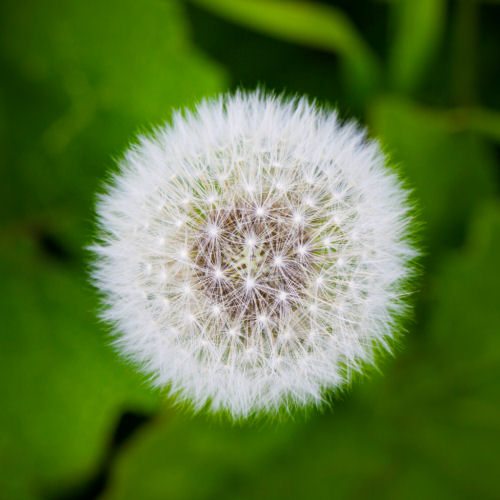Conti reports dandelion rubber ‘breakthrough’, work on pilot facility underway

According to a statement released by German tyre maker Continental on 14 October, the joint venture project it operates with and the Fraunhofer Institute for Molecular Biology and Applied Ecology (IME) is “on the verge of a breakthrough.” The two parties have worked together to develop rubber from dandelions that is suitable for series tyre production, and Continental claims that state-of-the-art growing methods and optimised cultivation systems have facilitated the laboratory production of high-grade natural rubber from dandelion roots. Recently, work began on the construction of a pilot facility at IME’s Münster site in Germany, and when finished this will be able to produce larger volumes of dandelion-derived natural rubber.
“We are investing in this promising material development and production project because we are convinced that it will enable us to further improve our tyre production in the long run,” stated Nikolai Setzer, head of Continental AG’s Tire Division and member of the company’s Executive Board. “This is because the production of rubber from dandelion roots is far less weather-dependent than production from rubber trees. Furthermore, the new system is so undemanding in terms of agricultural requirements that it opens up a whole new potential – particularly for areas of land that are currently uncultivated.
“By growing the crops much closer to our production sites, we would also be able to significantly reduce the burden on the environment and our outlay for logistics,” Setzer added. “This development project shows impressively that we have by no means reached the end of the line in terms of our possibilities for material development.”
“We have built up a great deal of expertise in the field of dandelion cultivation in recent years. Thanks to DNA marker technology, we now know which gene is responsible for which molecular property. This enables us to grow particularly high-yield plants much more efficiently,” added project manager Professor Dirk Prüfer, looking back at the work carried out at the IME’s Münster site. This was preceded by several years of research activities, during which the research team proved that rubber produced from the dandelion plants they’d grown not only offered the same quality as its counterpart from the rubber tree, but that this new variant was actually more robust and gave a higher yield.
“With this dandelion project, we are taking a huge step forward on the path to our long-term goal of manufacturing tyres for cars, trucks, and bicycles, as well as specialist tyres, completely without any fossil materials,” explains Dr. Boris Mergell, who looks after the cooperation project as the head of Material and Process Development for Tires at Continental. “If we can successfully manage to produce large amounts of dandelion rubber with at least equivalent performance properties to conventional rubber harvested from rubber trees, then we will be able to put ourselves in a position where we are much less dependent on the annual harvest situation in the subtropical growing regions.”
At present no decision has been made as to which part of Europe will be home to the large-scale cultivation of dandelion crops. Continental says it will conduct public road tests involving prototype tyres containing compounds made from dandelion rubber over the coming years.



Comments